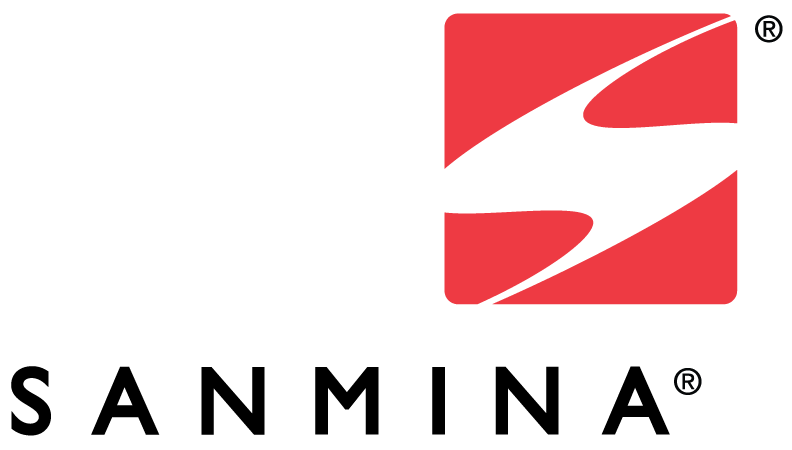SOCIAL RESPONSIBILITY
SLAVERY AND HUMAN TRAFFICKING
Sanmina prides itself on conducting its business ethically and responsibly and seeks to employ best practices in corporate governance and supply chain management. Sanmina has developed and implemented its Business Ethics Code of Conduct which sets out the measures we take to ensure we conduct business ethically and responsibly for the benefit of our shareholders, customers, employees, suppliers and other stakeholders. Sanmina has a zero tolerance approach towards any form of slavery, servitude, forced or bonded labor, or human trafficking. In this regard, Sanmina has adopted the Responsible Business Alliance (“RBA”) Code of Conduct (the “Code”). The Code provides that adopters must not use forced, bonded, indentured or prison labor, that work shall be voluntary and that workers shall be free to leave their employment. This policy precludes the use of unlawful child labor in accordance with the RBA and international standards. All of Sanmina’s plants adhere to this provision of the Code and Sanmina has notified all of its suppliers of its expectation that they adhere to the Code. In addition, Major Suppliers (as defined by the RBA) must complete a questionnaire by which they confirm whether they, too, have adopted the Code or participate in an equivalent social code in the countries in which they operate. This information is used to help Sanmina decide whether to select a supplier (other factors include cost, alignment of operations with our own, customer requirements, quality, shipping time and warranty). We conduct our supplier reviews internally and not through a third party or independent, unannounced audit. If a supplier fails to live up to our standards, including those contained in the Code with respect to labor rights and conditions, we may terminate our engagement with them and replace them with a supplier which does.
In 2018, Sanmina engaged an outside partner to survey over 2,000 of our top suppliers by spend. These suppliers are being asked to complete a survey consisting of 13 questions which are intended to gather information on the suppliers’ labor practices and their understanding and activities to help combat human trafficking. At the completion of the survey process, Sanmina will evaluate responses to identify any potential risks in the supply chain.
We also provide periodic training to supply chain and other relevant employees in our company on the risks of human trafficking.
Anti-Trafficking and Slavery
California Senate Bill 657 requires retailers and manufacturers which do business in California and have annual worldwide gross receipts over $100 million to describe on their websites the extent to which they:
- Verify their product supply chains to evaluate and address risks of human trafficking and slave labor.
- Conduct audits to ensure their suppliers adhere to company standards, require their direct suppliers to certify that materials used to make their products are from countries that do not engage in slavery and human trafficking.
- Maintain internal accountability standards for employees or contractors that fall short of company requirements.
- Ensure that employees who are responsible for supply side management receive training on human trafficking and slavery, with a focus on the risks within supply chains.
Modern Slavery Act 2015 – U.K
Every organization carrying on a business in the UK with a total annual turnover of £36m or more will be required to produce a slavery and human trafficking statement for each financial year of the organization. Sanmina meets this threshold for reporting under the Modern Slavery Act.
The statements made on this page are intended to satisfy the disclosure requirements under California Senate Bill 657 and to constitute Sanmina’s annual statement required by such Act.



